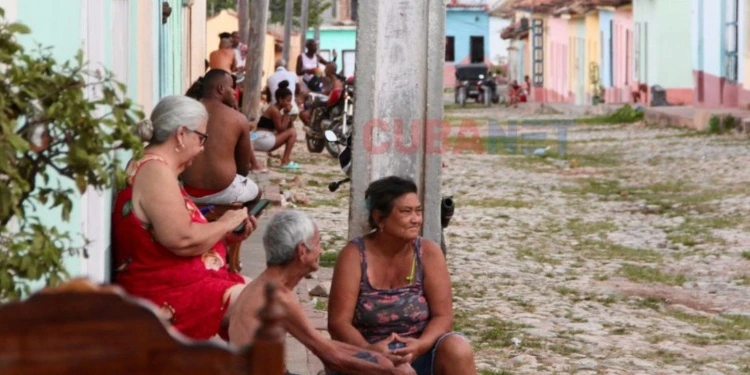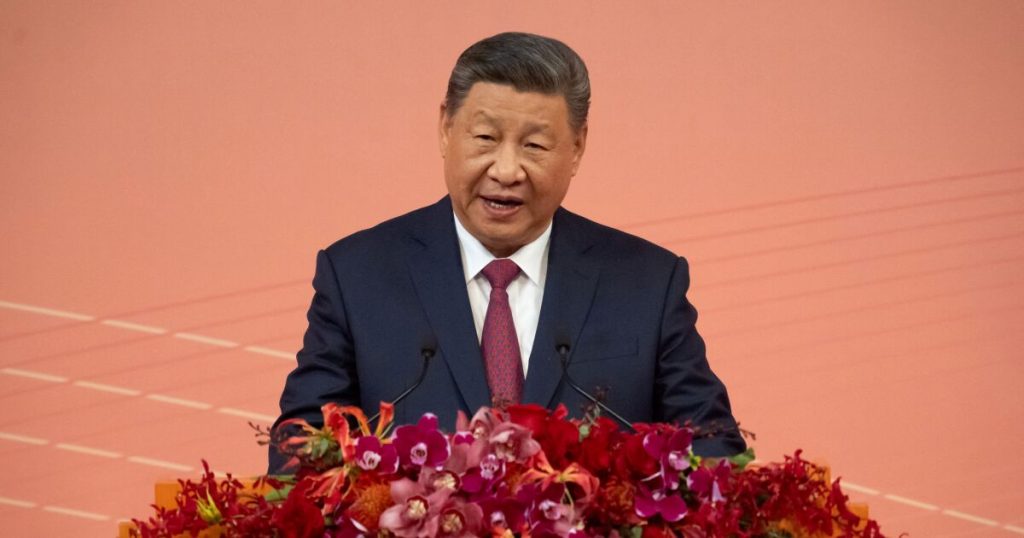SLP, Mexico.- This December 31, one of the darkest years for the Cuban people is about to end, the ruler Miguel Diaz-Canel has launched his now customary last message of this period and, with his characteristic triumphalist tone, has congratulated the population for “winning” in 2024.
On his social networks, Díaz-Canel described Cubans as “heroines” and “heroes” who only think about “winning,” when 2024 has been marked by the worsening of the energy crisisthe unfortunate shortage of food and zero economic growth.
“They don’t think about losing, but about winning. And if someone asks them what they are up to, they will say that they are in the fight, in the fight, struggling, without crying, without kneelbecause he has been denying his beloved country, the most powerful empire in history, for more than 60 years, in cold blood and with total perversity, its right to well-being,” he said.
Appealing to that “resistance” that he usually mentions to create the fiction that the people confront and resist an “enemy,” and without assuming their responsibility In the crisis that has kept Cubans hungry and without access to quality basic services, the ruler delegitimizes the real struggle of the people: the fight to survive in the suffocating living conditions in which the regime keeps everyone.
Opposing his idea that the United States Government is the cause of the context of shortages of Cubans, hundreds of Internet users have agreed that the Cuban political system is to blame.
Dozens of forum members questioned whether there would be anything to celebrate in 2024 when the problems have followed one after another.
“Where is happiness if there is not even water?” a Cuban woman asked in the comments to Díaz-Canel’s posts on Facebook.
“Cuba, the only country in the world where the Cuban does not progress, does not succeed, only dreams of leaving for any other country where he can be free and achieve his dreams, turning them into reality,” said another person in response to the regime leader’s message.
To the idea that the people “have won,” another Cuban argued that the critical sufferings of the population have not been overcome: “When are they going to overcome the misery in which the Cuban people live? When will they overcome the poverty and abandonment in which they have the people? Stop saying ridiculous triumphalist phrases and move on to real action.”
These days, Díaz-Canel has resorted to his worn-out rhetoric in an attempt to contain the spirits of Cubans who went through several collapses of the electrical system and meteorological phenomena that devastated houses and crops in several provinces of the country.
On December 20, at the inauguration of the “combatant” march that he called in front of the United States embassy in Havanathe ruler asked to continue resisting with “rebellion” and “intransigence.”
In a speech Full of platitudes, he once again blamed the US embargo as the cause of the problems of the Cuban people.
In his speech, he described the “blockade” as “a blow to a nation that seeks to develop” and it is “opposed” by the Cubans who were involved in the march, for which they have mobilized hundreds of means of transportation despite the current crisis of fuel that crosses the country.
With the tone belligerent that he usually assumes to refer to the United States, addressed the issue of the embargo as a “war” against the country and considered that the march “demonstrates” “how high the honor of the country continues to be.”















